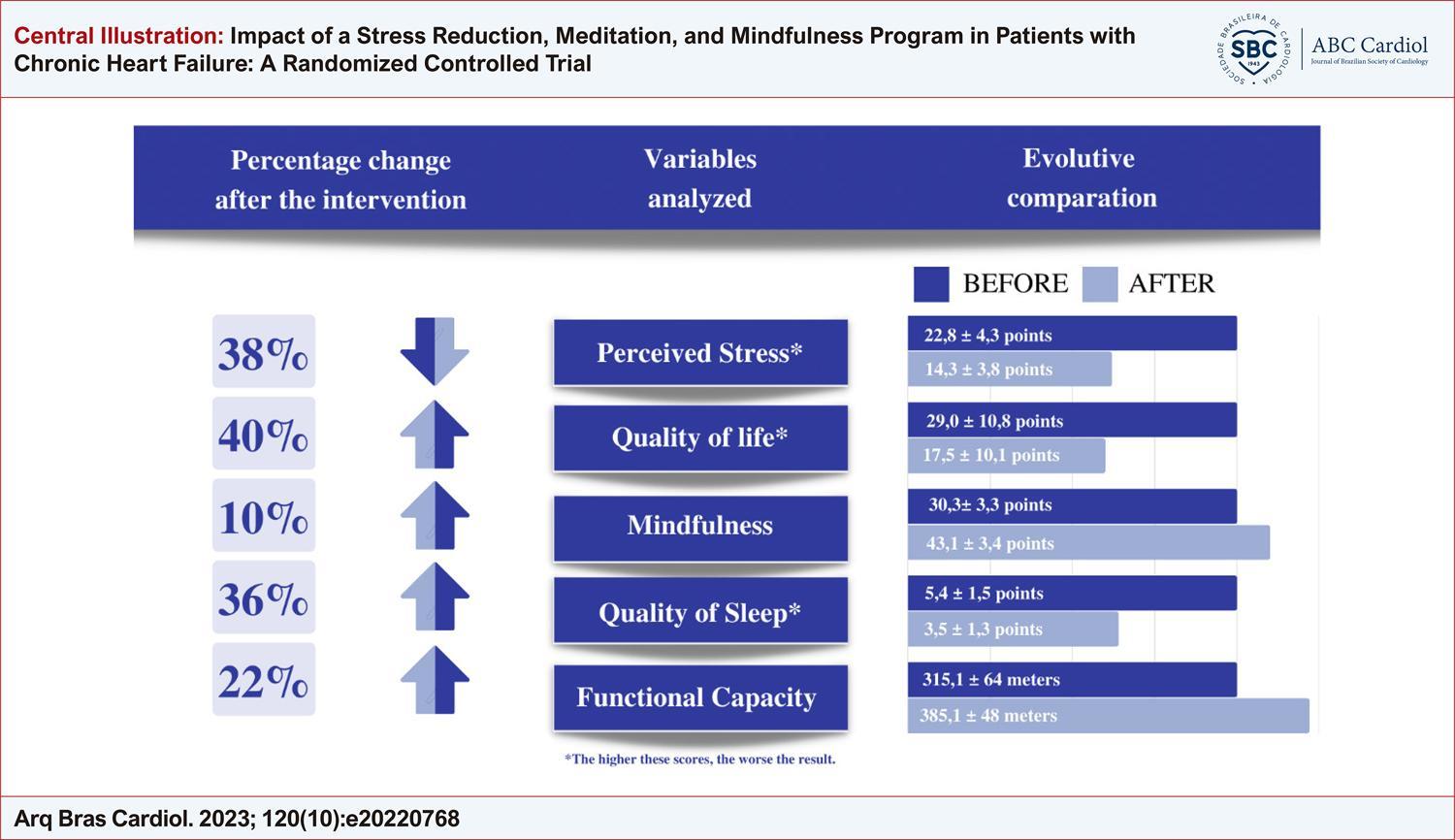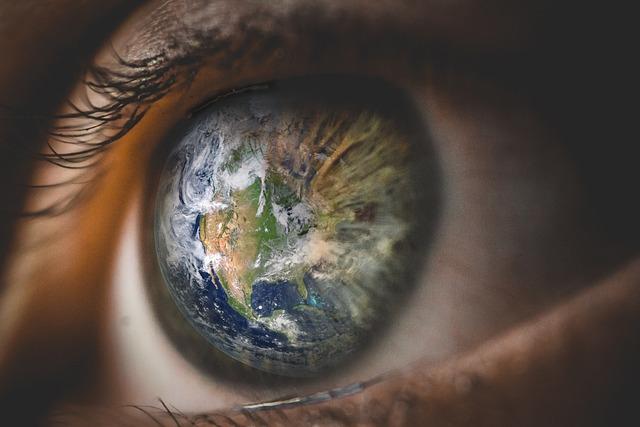In the modern age of relentless notifications and perpetual deadlines, the quest for a harmonious work-life balance often feels like chasing a mirage. Amidst this chaos, meditation has emerged as a beacon of hope, promising tranquility and clarity. But does this ancient practice truly hold the power to recalibrate our lives, or is it merely a fleeting escape from the pressures of the everyday grind? As we delve into the world of mindfulness, we explore whether meditation is the key to unlocking a more balanced existence or just another trend vying for our attention in the crowded wellness landscape. Join us as we sift through the evidence, personal anecdotes, and expert insights to uncover the true impact of meditation on achieving that elusive equilibrium between work and life.
Finding Calm Amidst Chaos: How Meditation Shapes Work-Life Balance
In the hustle and bustle of modern life, finding tranquility can often seem like an unattainable dream. Yet, meditation offers a beacon of hope, subtly guiding individuals towards a more harmonious existence. Through meditation, one can cultivate a deeper awareness of the present moment, which fosters a sense of calmness that permeates both personal and professional realms. Mindfulness, a core element of meditation, enables individuals to respond rather than react to stressors, creating a ripple effect that enhances decision-making and emotional resilience.
- Reduced Stress: Regular meditation practices have been shown to lower cortisol levels, helping to alleviate stress.
- Improved Focus: By training the mind to concentrate, meditation enhances attention span, leading to increased productivity.
- Emotional Well-being: Meditation fosters a positive mindset, contributing to improved relationships both at work and home.
By integrating meditation into daily routines, individuals can strike a balance that allows for personal fulfillment without compromising professional success. This ancient practice is not just about sitting in silence; it’s a transformative journey that aligns the mind, body, and spirit, enabling a more centered approach to life’s challenges.

Exploring the Science: Meditations Impact on Stress and Productivity
The intricate relationship between meditation and its effects on stress and productivity has intrigued both scientists and professionals alike. Meditation is often heralded as a powerful tool for enhancing mental clarity and reducing stress levels, yet its benefits extend far beyond mere relaxation. By engaging in regular meditation practices, individuals often report a heightened ability to focus, leading to increased productivity and a more balanced approach to work-life challenges. This transformative impact can be attributed to several factors:
- Improved Concentration: Regular meditation practices are known to enhance one’s ability to concentrate, allowing for more efficient task completion and reduced distractions.
- Stress Reduction: Meditation techniques, particularly mindfulness, have been shown to significantly lower stress hormones, fostering a calmer mental state that is conducive to effective problem-solving.
- Emotional Resilience: By cultivating a practice of self-awareness, meditation helps in managing emotional responses, thus enabling individuals to navigate workplace stressors with greater ease.
Incorporating meditation into daily routines not only fosters a sense of inner peace but also creates a ripple effect that enhances overall productivity. As modern life continues to blur the lines between personal and professional realms, meditation offers a sanctuary—a momentary pause—that empowers individuals to regain control and find harmony in their daily lives.

Integrating Mindfulness: Practical Steps for a Balanced Routine
Incorporating mindfulness into your daily routine can serve as a powerful tool to achieve a harmonious balance between work and personal life. To effectively integrate mindfulness, consider the following practical steps:
- Start Your Day Mindfully: Dedicate a few minutes each morning to a simple meditation or breathing exercise. This practice can set a calm and focused tone for the day ahead.
- Mindful Breaks: Throughout the day, take short breaks to step away from work. Use these moments to practice mindfulness, whether through deep breathing, stretching, or a quick walk.
- Evening Wind-Down: Establish a mindful evening routine that allows you to transition from work mode to relaxation. This could involve a short meditation session, journaling, or a calming activity that helps you unwind.
By embedding these mindful practices into your daily schedule, you can cultivate a more balanced approach to life, enhancing both productivity and personal well-being. The goal is to create a seamless integration that doesn’t feel like an additional task but rather an enriching part of your routine.

Expert Insights: Tailoring Meditation Practices to Individual Needs
In the quest for a harmonious work-life balance, meditation emerges as a beacon of tranquility and self-awareness. The beauty of meditation lies in its adaptability; it can be tailored to meet the unique needs of each individual. Experts emphasize that there is no one-size-fits-all approach to meditation, and recognizing this can be the first step towards a more balanced life.
Consider these personalized meditation strategies:
- Guided Imagery: For those with vivid imaginations, visualizing peaceful scenarios can effectively reduce stress.
- Mindful Breathing: Perfect for individuals seeking simplicity, focusing on breath can anchor the mind amidst chaos.
- Body Scan Meditation: Ideal for those with physical tension, this practice encourages awareness and relaxation of each body part.
- Mantra Meditation: Repeating a calming word or phrase can help quiet the mental chatter for those who struggle with focus.
By embracing a personalized meditation practice, individuals can discover a profound tool to navigate the complexities of modern life, ultimately fostering a serene balance between professional and personal realms.
Closing Remarks
As we draw the curtain on our exploration of meditation and its potential to harmonize the ever-elusive work-life balance, we find ourselves at a crossroads of ancient wisdom and modern necessity. Meditation, with its roots stretching deep into the annals of human history, offers a timeless tool for navigating the complexities of contemporary life. Yet, as with any practice, its efficacy rests not in universal guarantees but in personal journeys. For some, it may be the key to unlocking a reservoir of inner peace amidst the chaos; for others, a stepping stone to broader self-awareness.
In the grand tapestry of life, where work and personal time often weave into a complex pattern, meditation can be a thread of clarity, offering moments of stillness and reflection. Whether you choose to embrace it as a daily ritual or an occasional retreat, the true value lies in the willingness to explore and discover what balance means for you. As we step away from this discourse, may we carry forward a sense of curiosity and openness, ready to find harmony in the dance of life and work, one mindful breath at a time.
